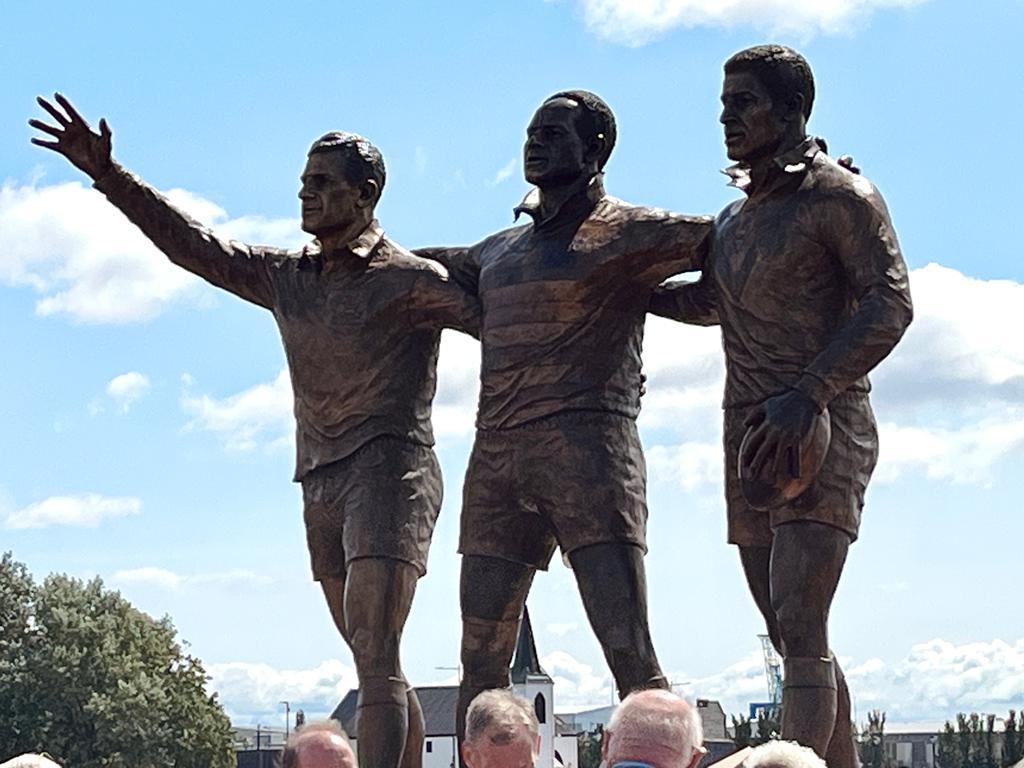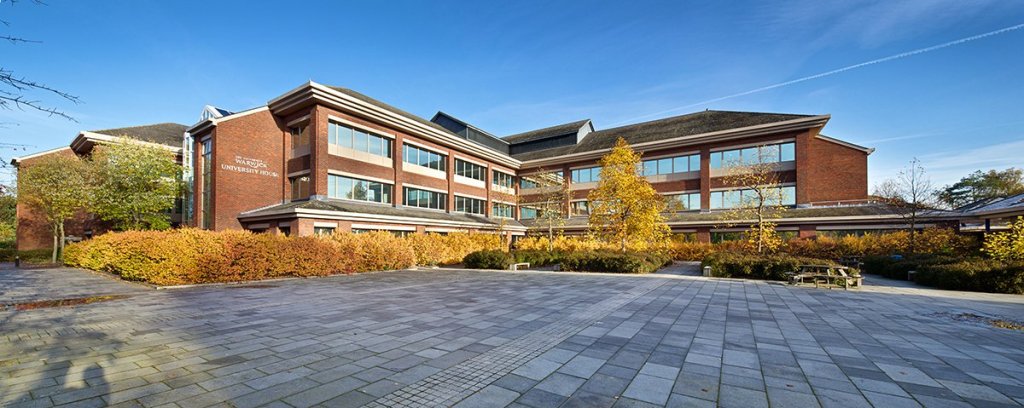The statue honouring Cardiff’s legendary ‘rugby codebreakers’ – which we blogged about last year (2023) – has won the ‘Celebrating Black Sporting Heritage Award’ category at the Sporting Heritage Awards, writes Andy Weltch.

The statue of Billy Boston, Clive Sullivan and Gus Risman in Cardiff Bay was inspired by calls from the Butetown and wider Cardiff Bay communities for a fitting tribute to the players, who all grew up close to where their statue now stands, before leaving their hometown and going on to achieve sporting stardom in the North of Engand and globally as stars of rugby league.
Continue reading






